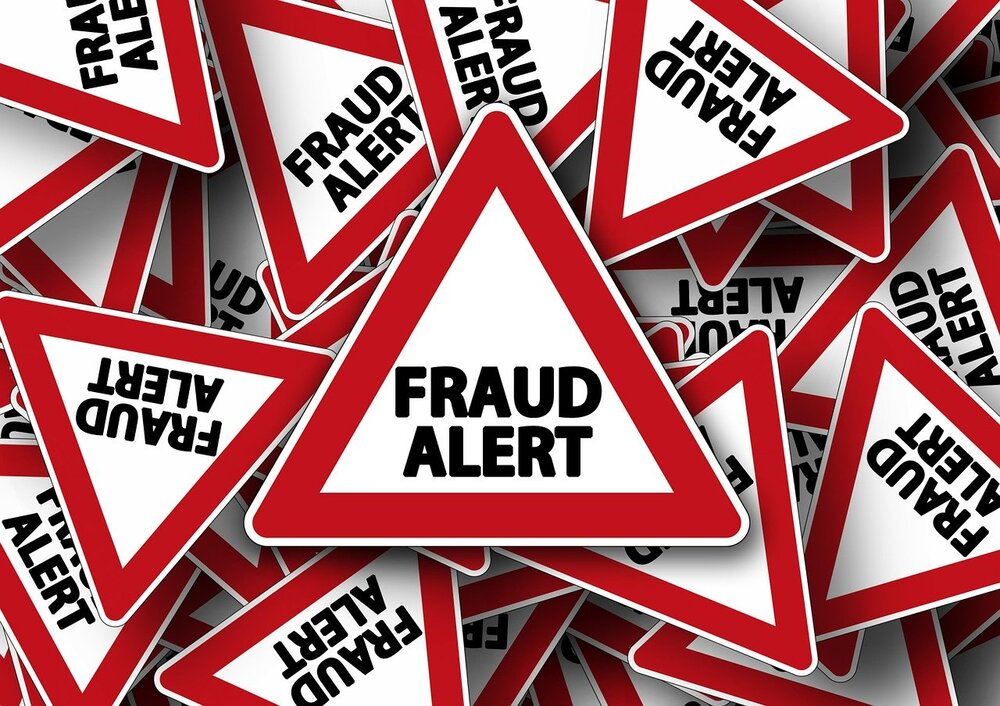Originally published by Lori-Ann Craig.

Sadly, but not surprisingly, even with the state of emergency and health crisis affecting the United States and the entire world, scammers throughout the world are not pausing in their work of taking advantage of unsuspecting and vulnerable people. For the period of January 1, 2020 to May 12, 2020, the Federal Trade Commission (FTC), the U.S. governmental agency tasked with protecting consumers from unfair and deceptive business practices, received 42,151 COVID-19-related complaints, resulting in a total fraud loss of $29.93M. (Those figures are more than double what they were for the period ending April 12, 2020). Additionally, eConsumer.gov, an initiative of the International Consumer Protection and Enforcement Network received 980 overall of coronavirus-related fraud reports during the same period.
Coronavirus scams run the gamut from fake treatments and fake testing sites to undelivered goods, such as cleaning, medical, and household supplies, to fake charities. The FTC and the Food and Drug Administration (FDA) have been working together to put a stop to coronavirus treatment scams. These scams usually relate to unapproved and misbranded products that claim to treat or prevent the coronavirus. Products include teas, essential oils, and colloidal silver. The claims of these products have not been backed by any evidence. Moreover, the FDA has stated that there are no currently approved drugs or vaccines to treat or prevent the coronavirus. The FTC has also warned consumers to be suspicious of ads for test kits. So far, there is only one home diagnostic test kit that has been approved by the FDA, but the authorization is limited only to testing at Rutgers Clinical Genomics Laboratory. Similarly, the FTC is cautioning consumers that not every testing site is legitimate. It recommends consulting with a doctor first or getting a referral, if possible. If there is any question as to a site’s legitimacy, the FTC suggests contacting local law enforcement.
Another coronavirus-related scam that the FTC has been watching relates to the economic impact payments or so-called stimulus payments issued by the federal government. The FTC is reminding consumers to avoid providing anyone with their personal information and stressing that nothing needs to be done to receive your payment (so long as you filed taxes for 2018 and/or 2019).
Consumers who have knowledge of or suspect that they have been a victim of a coronavirus scam can report it by filing a complaint with the FTC using its online reporting system. Consumers in Arkansas, Louisiana, New Mexico, Oklahoma, and Texas can also contact the FTC’s Southwest Region Field Office in Dallas at 877-FTC-HELP or by mail to the address posted on its website.
In addition to the FTC, consumers who have been defrauded can file a report with the National Center for Disaster Fraud (NCDF) Hotline at 866-720-5721 or complete the NCDF Disaster Complaint Form available through the website of the United States Department of Justice. Texas residents can also report disaster scams to the Attorney General of Texas using the web form found on the Consumer Protection page or by calling 800-621-0508.
Scams will always exist and scammers will continue to seek susceptible prey. Learn to protect yourself from scammers by following these tips from the FTC:
- Ignore offers for home vaccinations and test kits;
- Hang up on robocalls;
- Watch out for phishing emails and text messages;
- Research before you donate; and
- Stay in the know.
Remember that the best way to defeat scammers is to arm yourself with a little knowledge. Remember, it’s just like the NBCUniversal’s public service initiative states: “The More You Know.”
Curated by Texas Bar Today. Follow us on Twitter @texasbartoday.
from Texas Bar Today https://ift.tt/3cvMSN6
via Abogado Aly Website
No comments:
Post a Comment